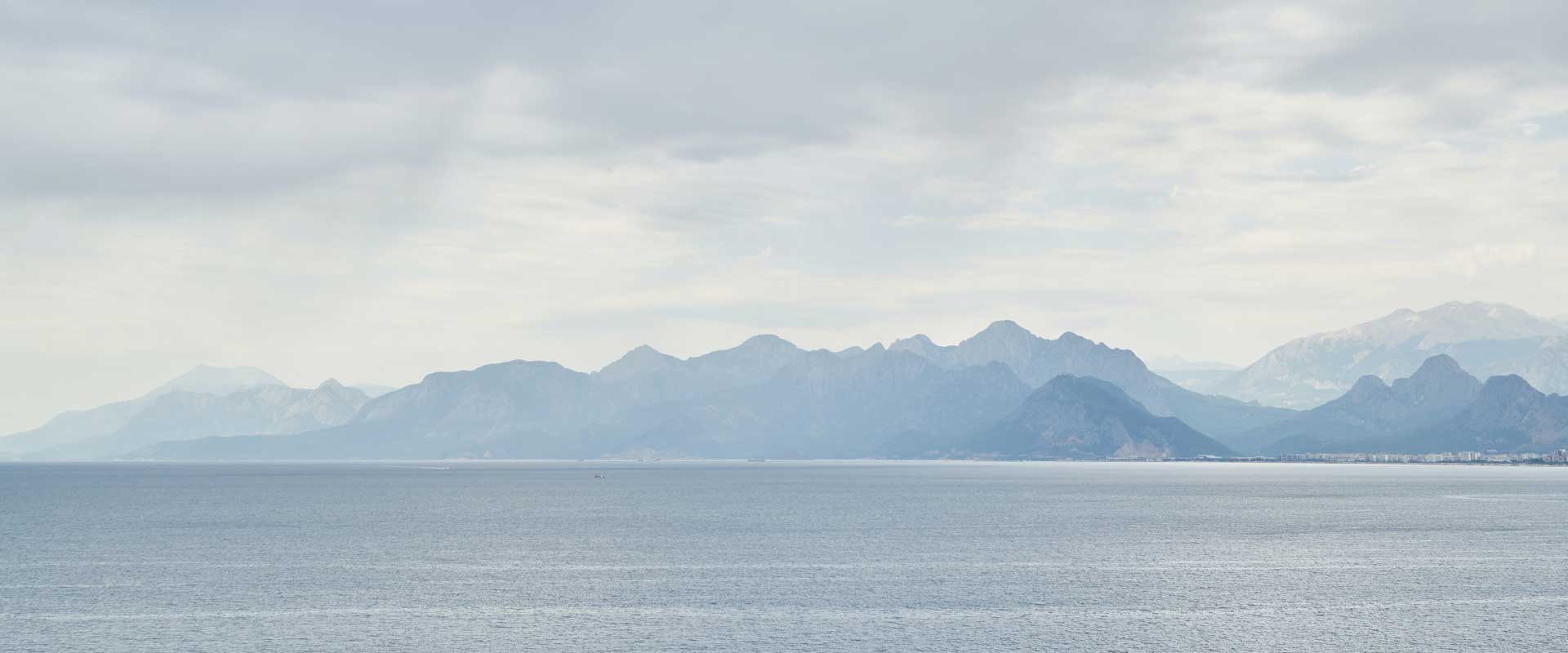August 30, 2024
Drone Use in On-Farm Environmental Compliance: An Investigation of Regulators’ Perspectives
January 2023
Publication: Sustainability
Author(s): Westbrooke, V.; Lucock, X.; Greenhalgh, I.
Freshwater resources around the world are under increasing pressure from agricultural activities. As a result, regulatory frameworks around on-farm environmental compliance have become more complex. Consequently, farm plans which have been used in New Zealand to identify risks to and develop mitigation strategies for freshwater quality can be time-consuming and costly to develop and monitor. Using semi-structured interviews, this study investigated the views of the regulators working in environmental policy and implementation on the use of drones to increase the efficiency of on-farm environmental compliance. Results show that drones can improve process robustness by providing an aerial view, and that they are quicker and safer to use on steeper contoured farms. However, there is confusion around the permissions required in order to capture footage, its ownership and storage, and who has access rights to the footage. This ambiguity in the implementation of environmental regulations can lead to uncertainty on the part of policy implementors around how to integrate drones in on-farm environmental compliance. In addition, positive relationships between farmers and compliance officers are needed in order for the benefits of drone use to be realised for on-farm environmental compliance purposes.
 View Our Strategy Document 2019 – 2024
View Our Strategy Document 2019 – 2024



